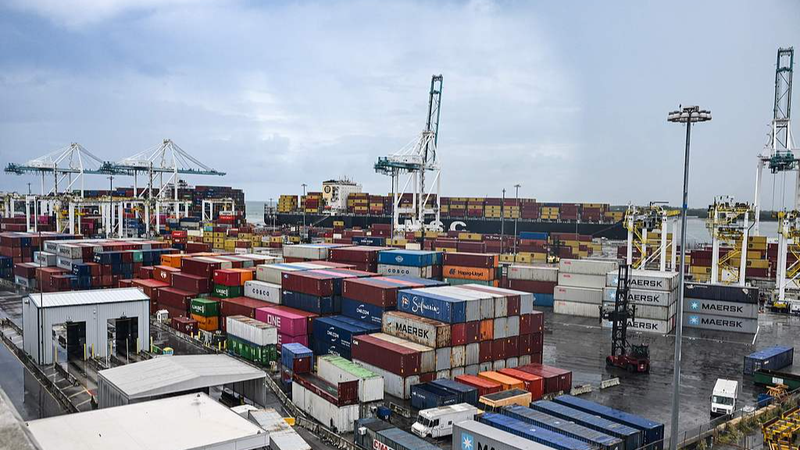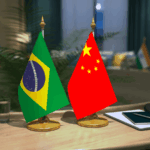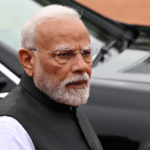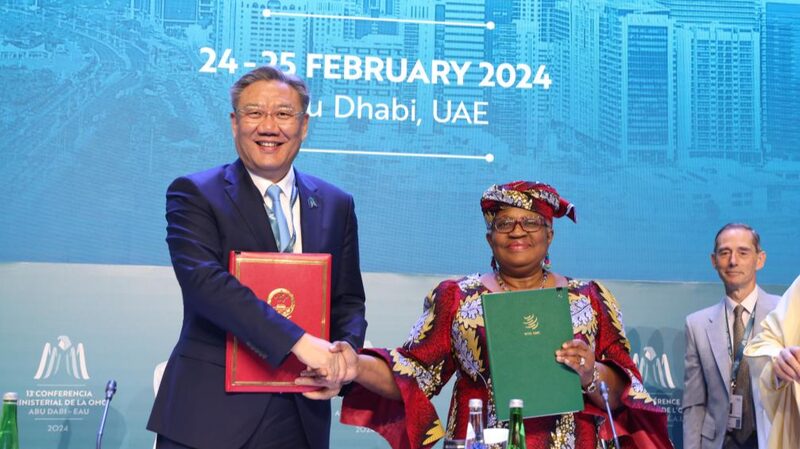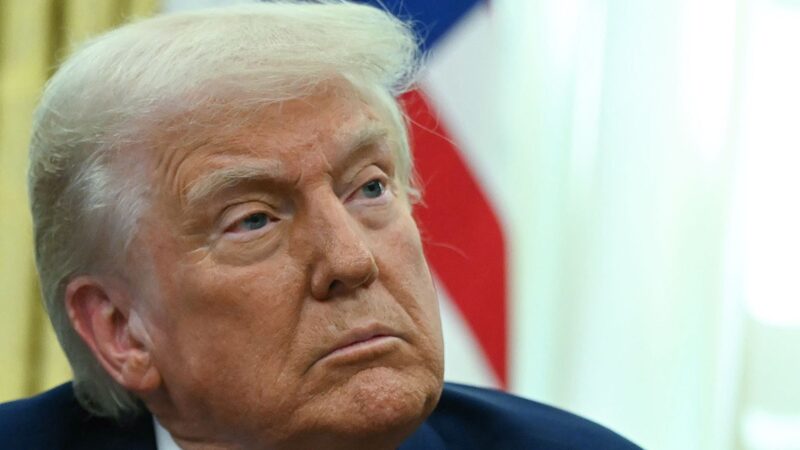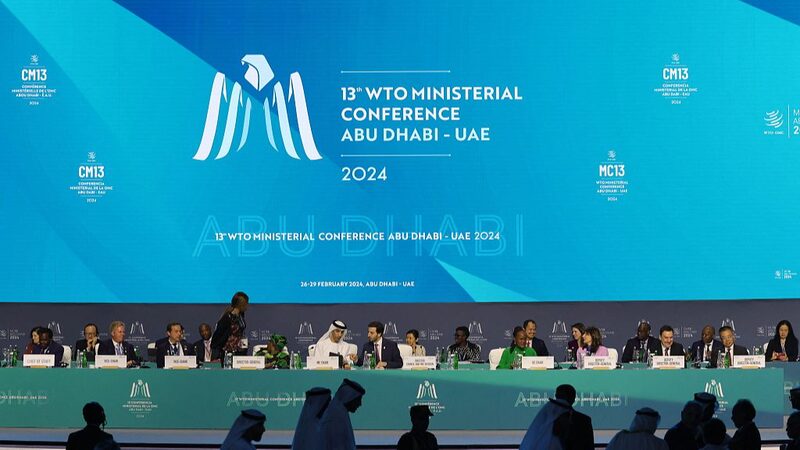The U.S. unleashed a wave of new tariffs this week, slapping duties of up to 50% on imports from over 90 countries—and the world is pushing back hard. 🌪️ From Brazil to India, governments are scrambling to respond to what many call "economic blackmail" as trade tensions reach boiling point.
Brazil fired the first shot, filing a formal WTO complaint after facing a 50% tariff on exports. President Lula didn’t hold back, calling the move "unacceptable." India’s PM Modi also took a stand, vowing to protect farmers even if it means economic pain. 💪 Meanwhile, Switzerland’s failed negotiations left its pharma and machinery sectors bracing for a "horror scenario."
Not all nations lost the tariff lottery: The EU and Japan dodged the worst by cutting deals. The EU pledged $600B in U.S. investments, while Japan agreed to buy more American rice (🍚 meet crypto?). But China? Talks with the U.S. led to a temporary tariff pause—just as Chinese exports jumped 8% in July, flexing trade resilience. 📈
The IMF isn’t here for the drama, warning that these tariffs could trigger inflation, supply chaos, and long-term economic fractures. Yale researchers say U.S. households may pay $2,400 extra yearly—making that morning Starbucks feel *extra* pricey. ☕
As trade expert He Weiwen notes: "The U.S. is accidentally teaching the world to team up without them." Will this tariff war end in a global recession arc? Stay tuned. 🍿
Reference(s):
cgtn.com
